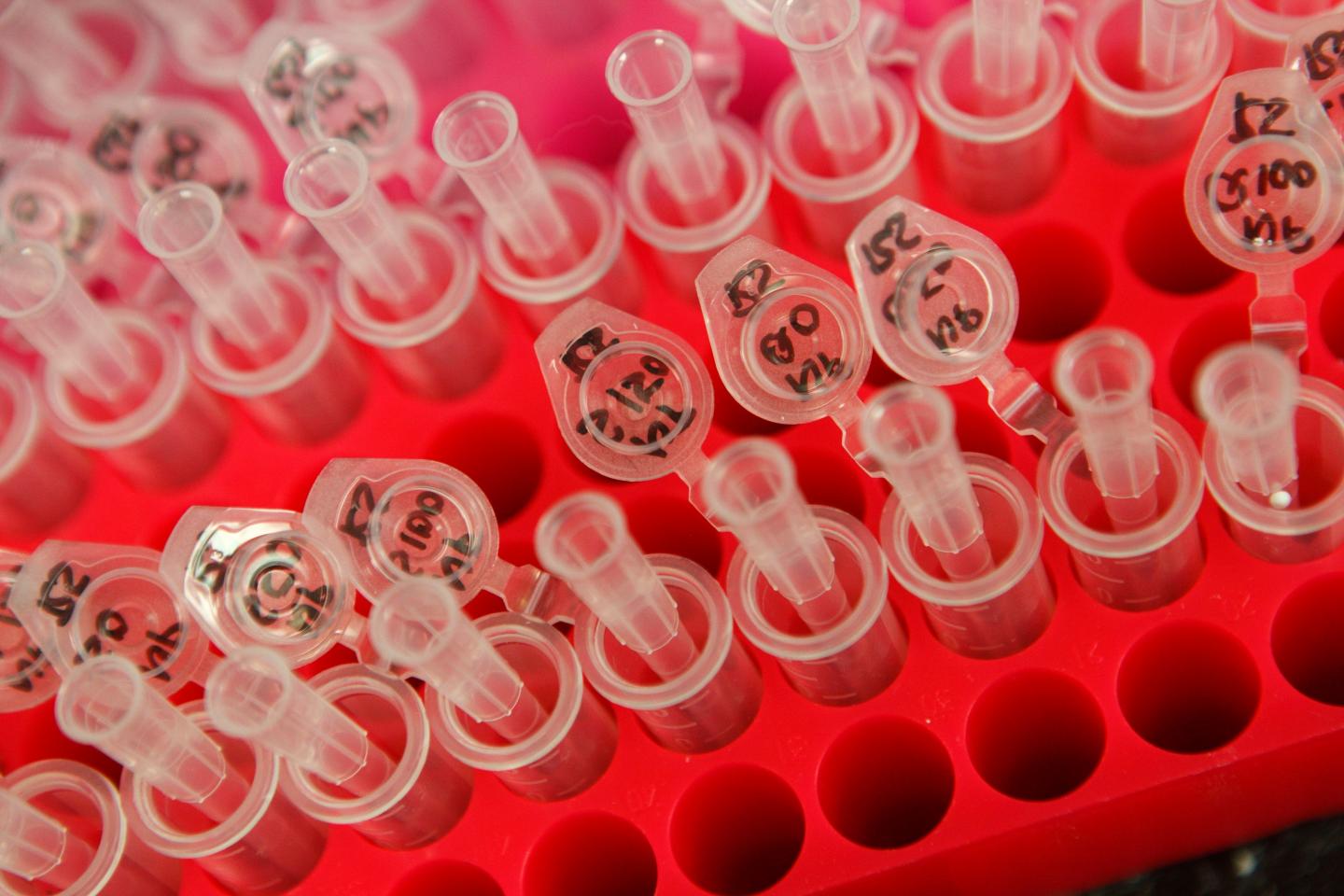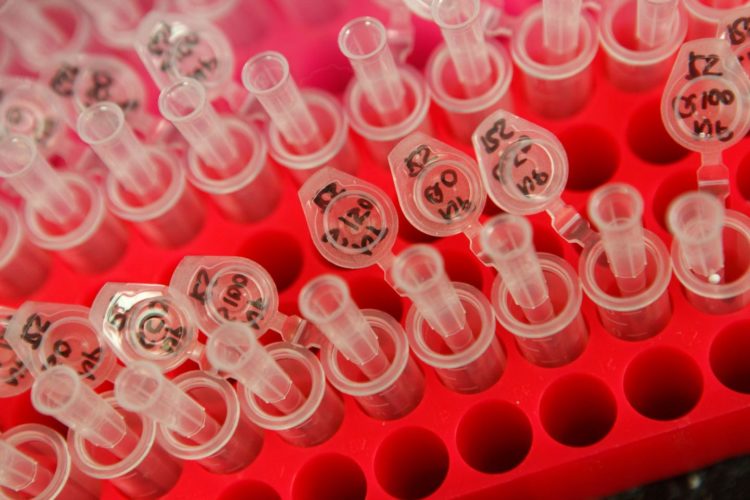Scientists demonstrate flaws in protein detection tools, and outline a solution

Credit: The Neuro
A new study points to the need for better antibody validation, and outlines a process that other labs can use to make sure the antibodies they work with function properly.
Antibodies are used in laboratories and clinics to study proteins, which are the biomolecules that translate information from an organism’s genes into the structure, function, and regulation of its tissues and organs. Genetic mutations can cause protein imbalances or malfunctions, leading to human disease.
Antibodies allow scientists to study proteins by identifying where these proteins are in the cell and in what quantities. Because of their importance, many companies make antibodies as commercial products, which they sell for scientific studies and for use in clinical settings.
Previous studies, however, have shown that many commercially available antibodies do not specifically identify the proteins they are supposed to detect. This calls into question research that has used these antibodies, and underlines the need for an accurate, standard process to test the quality of antibodies.
A team led by Peter McPherson at The Neuro (Montreal Neurological Institute and Hospital) decided to use a human protein as a test case, both to highlight the antibody validation problem and to demonstrate a procedure that other labs can use to validate their antibodies.
They focused on the protein product of a gene, C9ORF72, mutations in which are the major genetic cause of amyotrophic lateral sclerosis (ALS) and frontotemporal dementia.
After testing 16 antibodies advertised by companies as specific for C9ORF72, the team found that only one of the 16 accurately detected C9ORF72 in immunofluorescence, a technique in which antibodies stain proteins so they can be seen under a microscope. Other techniques were successful with only two other antibodies. The antibodies that passed the validation criteria have not yet been used in scientific studies. Antibodies that failed the validation criteria have been used in multiple studies.
The results call into question previous studies that used antibodies to detect C9ORF72 that either do not recognize the protein at all or recognize additional, unrelated proteins. Moreover, they emphasize the need for better antibody validation.
Science is facing a crisis in reproducibility; study results are often impossible to replicate. In cell biology, lack of effective antibodies contributes to the problem. In their paper, published in the open access journal eLife on Oct. 15, 2019, the researchers describe their method of validation, which other labs can replicate to make sure their antibodies function properly.
“As we worked on our C9ORF72 paper, it became less about one gene and more about a template other labs can use to validate antibodies,” says McPherson. “The procedures we use are not revolutionary, and in fact this makes our approach widely applicable to any laboratory skilled in the art, yet to my knowledge this is one of the first papers to describe a streamlined process for antibody validation. A large part of the reproducibility crisis is because of poor antibody validation. We owe it to funders and patients to do better.”
###
This work was supported by a grant from the Motor Neurone Disease Association (UK), The ALS Association (USA), The ALS Society of Canada and by an ALS Canada-Brain Canada Arthur J. Hudson Translational Team Grant. It was completed as part of the ALS-Reproducible Antibody Platform, a project designed to test antibodies against the protein products of ALS disease genes.
The Neuro
The Neuro – The Montreal Neurological Institute and Hospital – is a world-leading destination for brain research and advanced patient care. Since its founding in 1934 by renowned neurosurgeon Dr. Wilder Penfield, The Neuro has grown to be the largest specialized neuroscience research and clinical center in Canada, and one of the largest in the world. The seamless integration of research, patient care, and training of the world’s top minds make The Neuro uniquely positioned to have a significant impact on the understanding and treatment of nervous system disorders. In 2016, The Neuro became the first institute in the world to fully embrace the Open Science philosophy, creating the Tanenbaum Open Science Institute. The Montreal Neurological Institute is a McGill University research and teaching institute. The Montreal Neurological Hospital is part of the Neuroscience Mission of the McGill University Health Centre. For more information, please visit http://www.
Media Contact
Shawn Hayward
[email protected]
514-398-3376
Original Source
https:/
Related Journal Article
http://dx.





